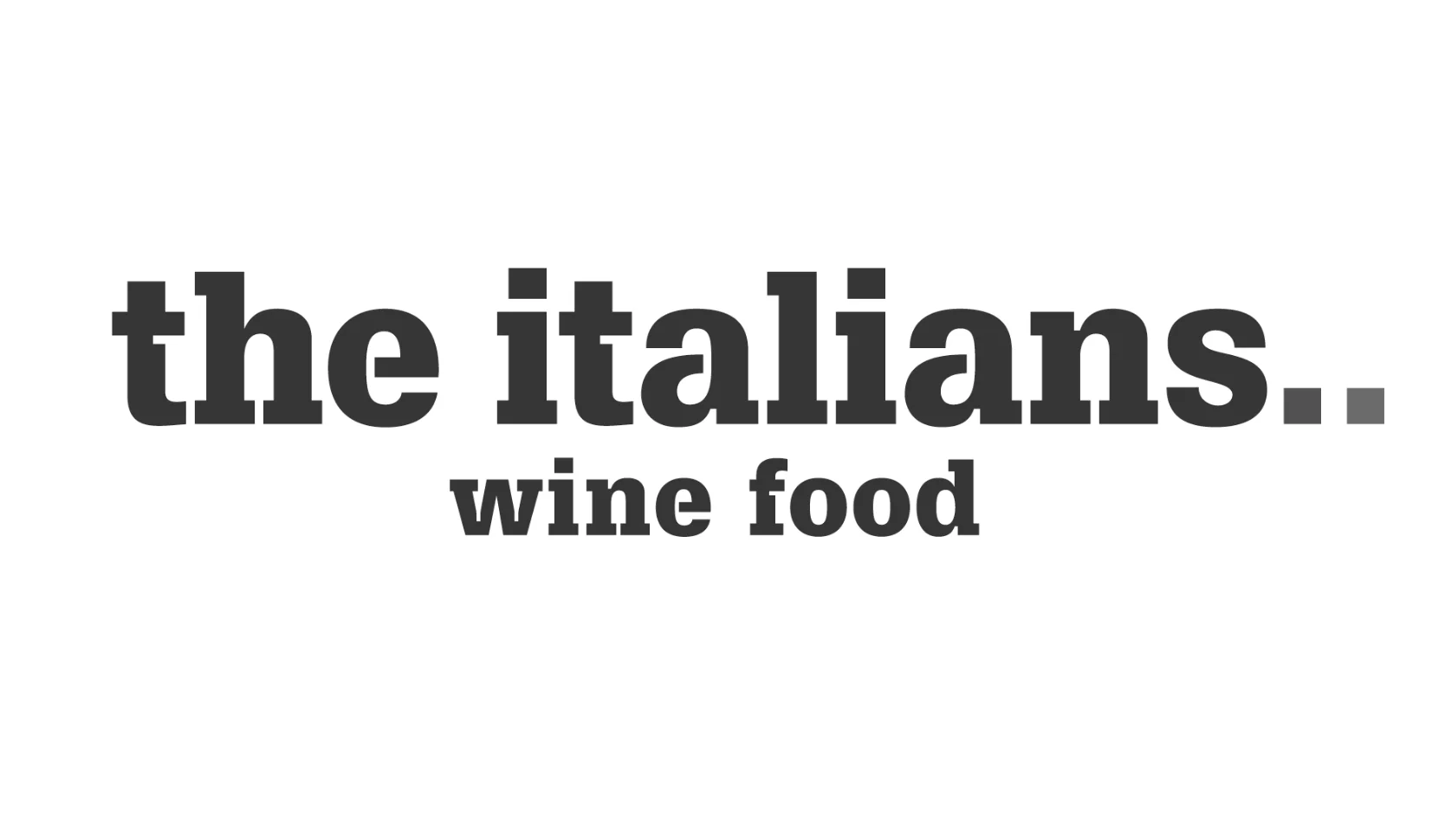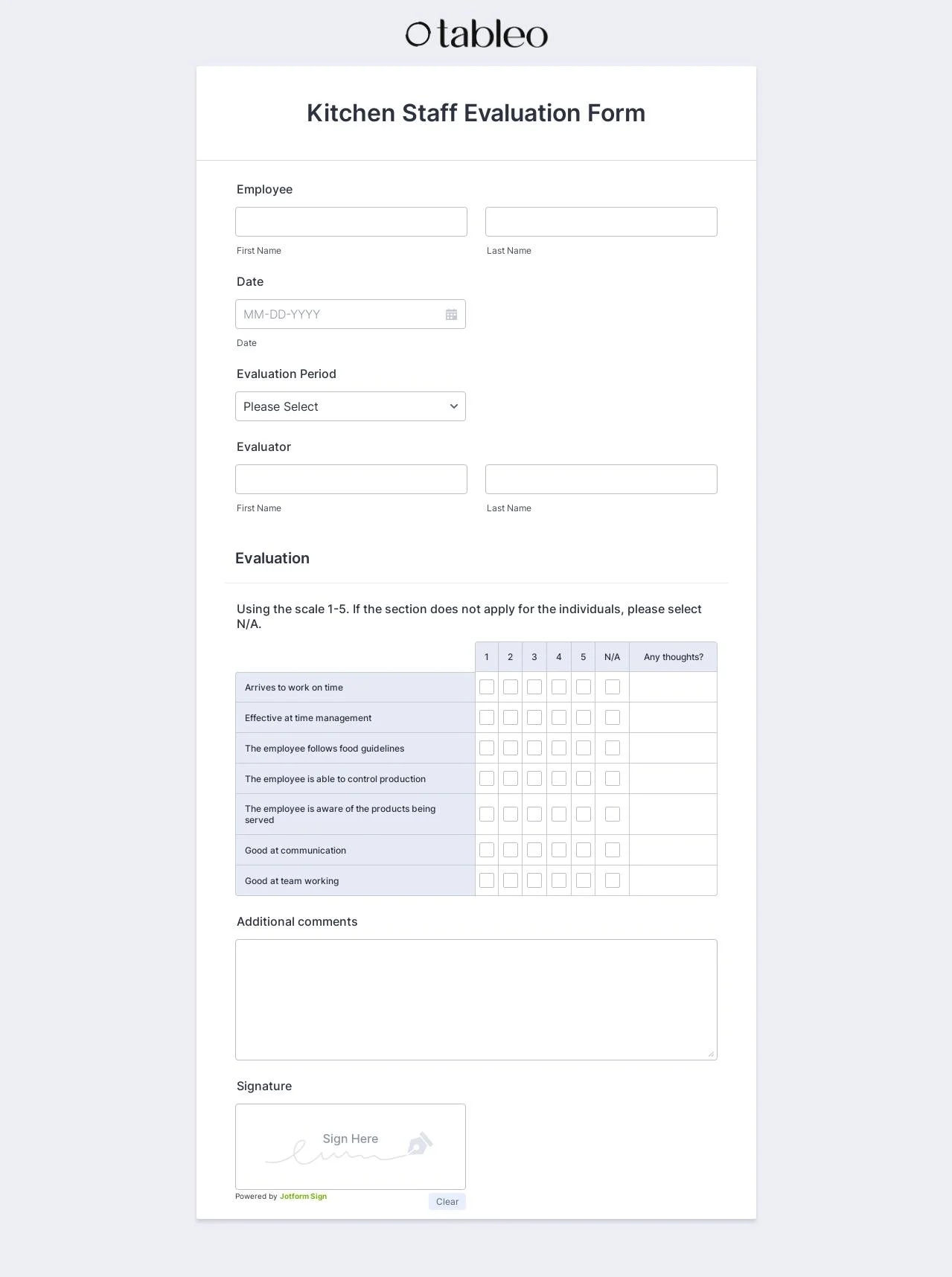Establish precise performance standards that are in line with duties and expectations for the position.
Use quantifiable metrics, such as teamwork, punctuality, customer satisfaction scores, or sales figures.
Use rating scales (such as numerical or Likert scales) to evaluate various performance-related factors.
Allow managers to submit narrative feedback so they can make more specific remarks and ideas.
Create subheadings for the many performance areas (such as customer service, teamwork, and technical abilities) on the assessment form. This simplifies the evaluation process and offers a straightforward framework for evaluating each performance-related factor.
Include an area in which staff members can evaluate their own performance. This promotes self-reflection and enables workers to pinpoint their areas of strength and development.
Include sections where you can set goals for the long term and the near term.
Encourage workers to develop objectives that are consistent with their strengths and desired career paths.
Include a portion that is left open-ended so that staff members can offer comments or ideas for the restaurant’s improvement.This promotes an atmosphere of open communication and shows that you value their opinions.













